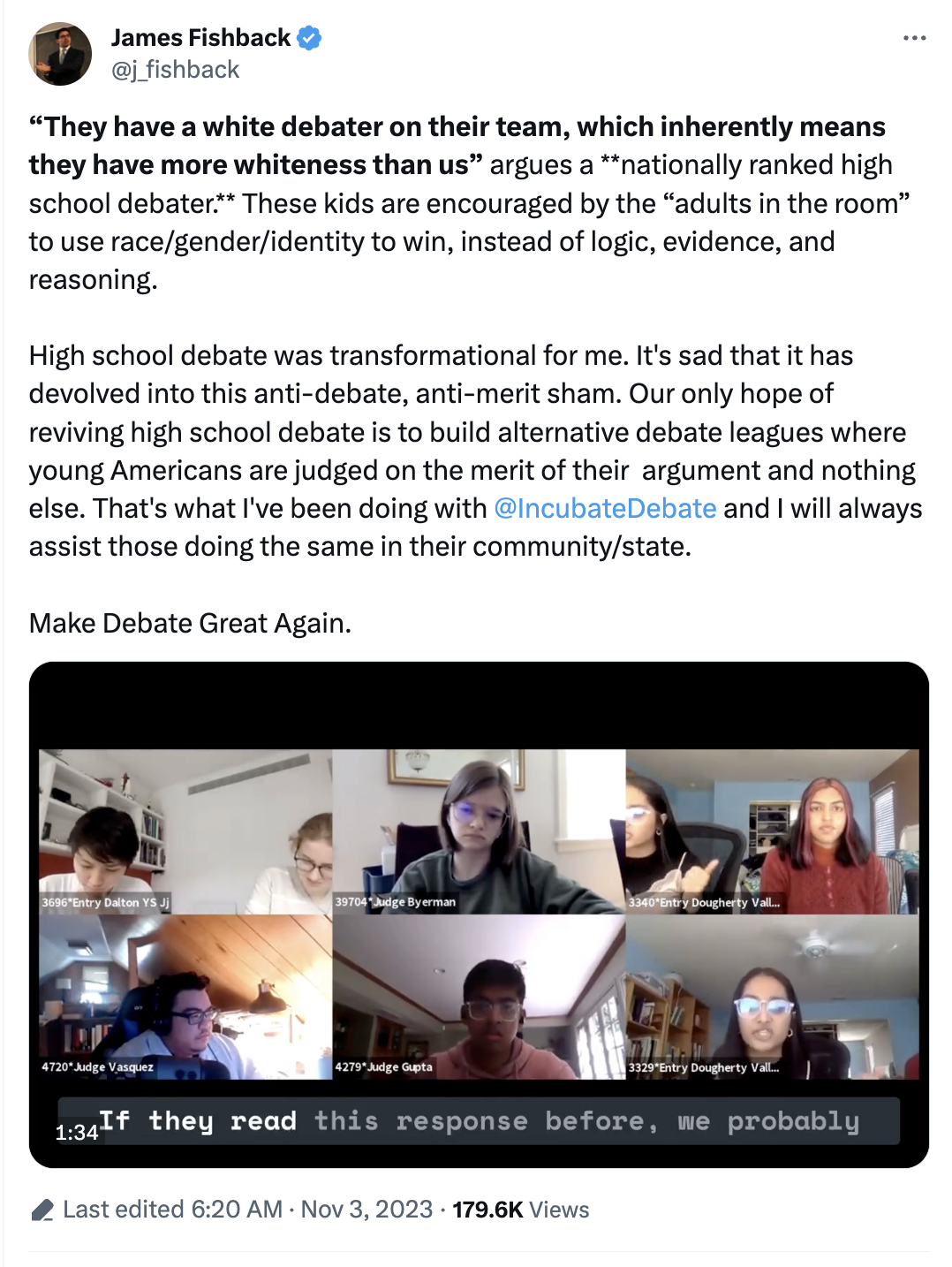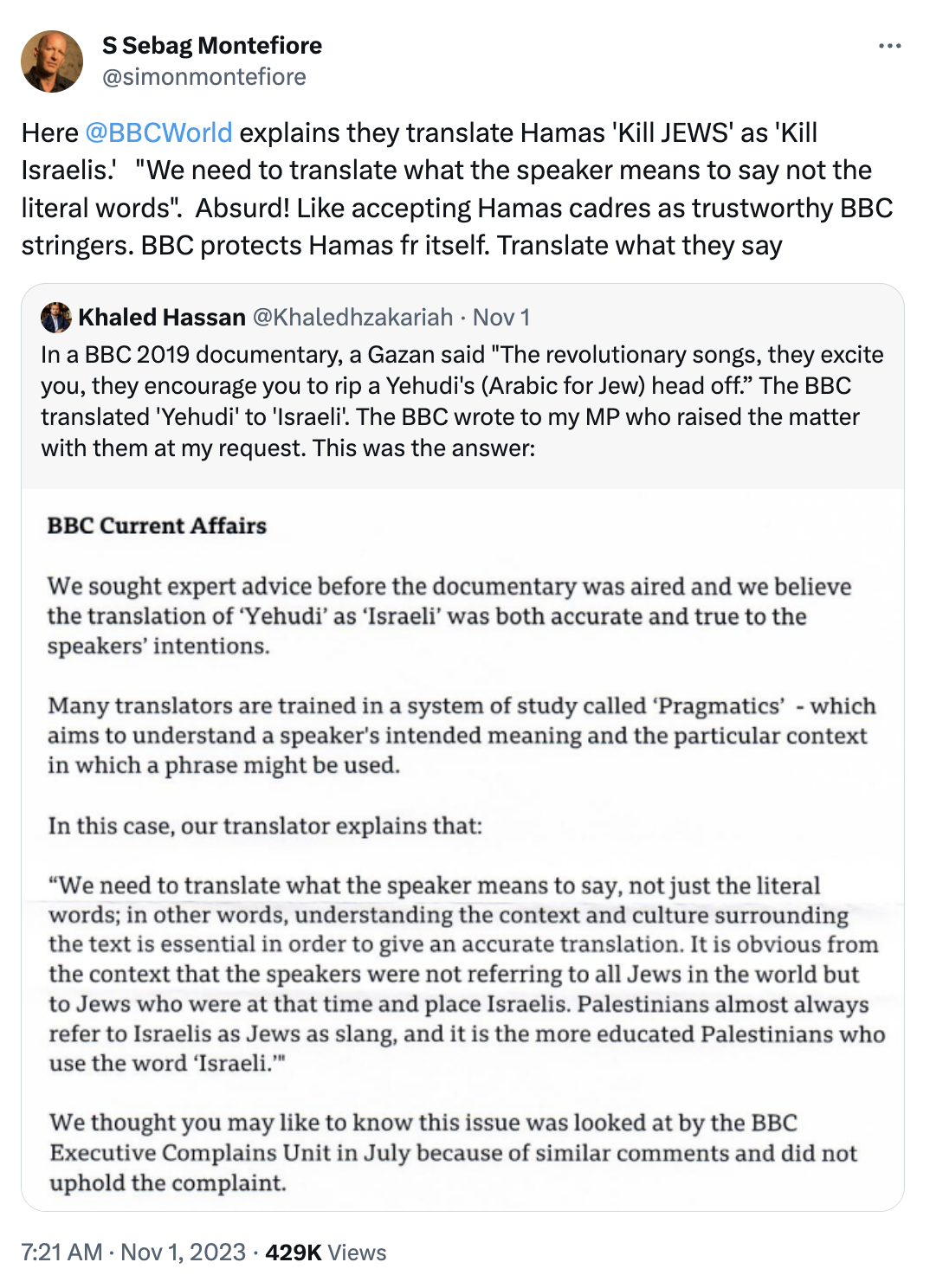Powerful Elite Colleges Refuse to Consider the Damage They Do Regarding Cancelation and Censorship
At The Free Press, Greg Lukianoff and Rikki Schlott explore how it came to be that so many American Colleges have come to embrace canceling and censorship rather than free speech. Here is an excerpt from "How American Colleges Gave Birth to Cancel Culture: A new book shows how universities first embraced a system of social punishment that now pervades our everyday lives":
The First Amendment wasn’t created to protect the interests of the rich and powerful. After all, the moneyed and influential have historically been protected by their wealth and power. And the United States didn’t need a special right to protect the will of a majority—that’s what democratic votes are for.
In the end, the First Amendment is primarily needed to protect minority views, unpopular opinions, and the expression of those who clash with the ruling elite.
But on campus today, you’re likely to hear this argument turned entirely on its head—as if championing free speech is somehow doing the bidding of the powerful. But that’s only because academia doesn’t like to admit that it actually is extremely wealthy and influential itself, or that those who defend the status quo are defending an extraordinarily powerful American industry. . .
From a purely financial perspective, the higher education apparatus is among the wealthiest and most influential institutions in the world. But you wouldn’t know that from the way many in academia try to position themselves. Colleges and universities are far from the humble academic hubs they claim to be, but many in higher education have a hard time admitting it’s been a long while since they were the underdogs.
Academia’s free speech skepticism is part of a long history of powerful people undercutting the First Amendment. Given that elites seldom like limitations on their power (and particularly on their power to censor), it shouldn’t come as a surprise that the First Amendment was limited by judges and politicians from the very moment of its inception.



